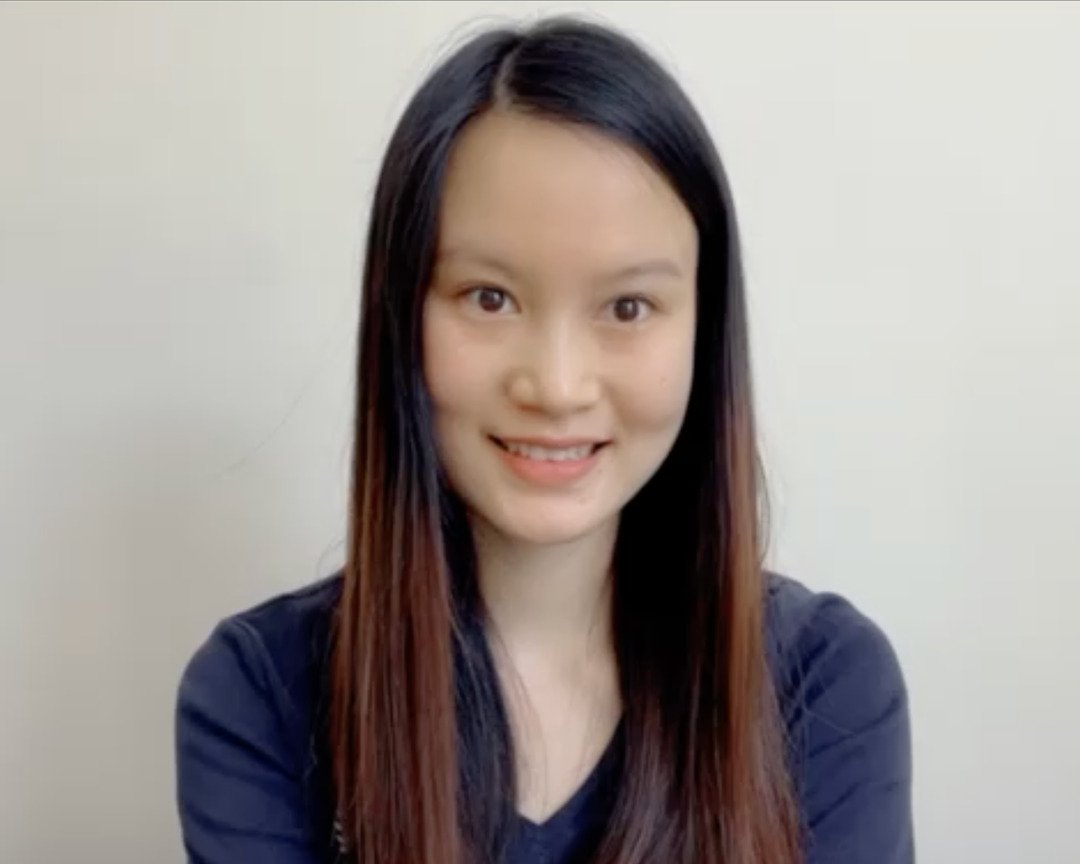Each year, together with FWO and the FNRS, we organise the BiR&D Cross-Disciplinary PhD Thesis Awards, in recognition of a PhD thesis that presents an original and cross-disciplinary contribution with potential industrial valorisation and societal relevance. In 2021, four prizes were awarded, two in the domain of “Life & Health Sciences” and two in the domain of “Science & Technology”. The laureates of these prizes are pleased to present their research below.

Paweł Bieniasz-Krzywiec
Innate Immunity and the Quest for New Cancer Treatments
Cancer is a disease with a major impact on societies globally, both in terms of psychological burden and economic costs. With the decline in mortality from infections, it has become the second most common cause of death, topped only by cardiovascular disorders. In 2020, the worldwide incidence (number of new cases) of cancer was estimated to be about 19.3 million. Strikingly, one in three people is likely to suffer from cancer during their lifetime. These alarming data call for enhanced preventive measures and better alternatives to current, often sub-effective therapies.
Why is it so difficult to cure cancer? To begin with, it is a group of over 200 distinct diseases, and each broad cancer type has multiple subtypes, which are all different on a genetic and molecular level. In consequence, different tumor types require distinct treatments, and some of them respond to therapies better than others. In fact, accurately predicting the response of a patient to a given therapeutic agent is a major challenge in oncology. Next, the development of cancer is linked to genetic mutations, which are mistakes in the DNA – a complex molecule containing all of the information necessary to build and maintain an organism. These genetic mutations are distinct from one cancer to the next, and the disease usually occurs from multiple mutations accumulated in a single cell. Actually, two cancers that look identical clinically could be completely different genetically. Worse, when tumors grow, new mutations tend to occur at a fast rate. In essence, such piled-up mutations make cancer cells ‘immortal’ and drug-resistant, allowing for their multiplication in an uncontrolled manner. Eventually, cancer cells acquire the ability to spread to other organs in a process called metastasis, leading to the formation of secondary tumors. These damage the body, and deprive it of oxygen and nutrients. At that stage, the disease is virtually incurable.
Fortunately, as our understanding of the nature of cancer continues to improve, new advanced therapies are being developed. For instance, we are now realizing how much help tumors get from other types of cells present in their microenvironment, i.e. the immediate area around the tumor. The tumor microenvironment contains diverse immune cell types, which profoundly influence tumor biology through a complex interplay of signaling molecules. Thus, in recent years, researchers have been experimenting with modifying and utilizing parts of our immune system to fight cancer cells. This approach is termed ‘immunotherapy’, and it has already changed the cancer treatment landscape, resulting in new drugs for several types of malignancies, thousands of lives saved, and a Nobel Prize.
Fascinated by the potential power of modulating the immune system to treat cancer, I joined the KU Leuven-VIB Center for Cancer Biology to study the role of macrophages in breast cancer progression. Macrophages are a type of innate immune cell, best known for devouring hostile bacteria. They also stimulate wound healing and regulate inflammatory processes, assuming critical roles in the maintenance of tissue homeostasis (a balanced, optimal state). Tumors tend to make use of this proclivity and produce factors that reprogram macrophages into cancer-supporting cells. In breast cancer, for instance, the presence of macrophages has been associated with fast disease progression, metastasis to lymph nodes, and poor patient survival. However, the mechanism behind this association has not been well understood.
When breast cancer cells leave a tumor to invade the body, they do so mainly through the lymphatic system that normally removes excess fluid and waste products from all of our tissues. Growing tumors often put physical pressure on their environment, creating leaks in these lymphatic vessels and making them more accessible for cancer cells. One way of tackling this problem is to block the growth of tumor lymphatics, which would restrict the ability of cancer to metastasize. However, such therapeutic strategies have so far had little success in humans. Could that change?
During my PhD, I and my colleagues identified a new type of breast cancer-associated macrophages, which are marked by the presence of a unique protein on their surface – Podoplanin. We found that those Podoplanin-Expressing Macrophages (PoEMs) localize in close proximity to tumor lymphatic vessels, both in mouse and human breast cancer. Once there, PoEMs modulate their local environment, making it exceptionally favorable for lymphatic vessel growth, mainly through the remodeling of the extracellular matrix (a dynamic structural scaffold for cells). We also discovered that PoEMs accumulate around lymphatic vessels because they are attracted to them by a unique molecular signal. Intrigued, we realized that preventing PoEMs from their ability to rearrange the environment around lymphatics dramatically reduces breast cancer metastasis to lymph nodes and lungs in mice. Most importantly, we also observed a significant correlation between the presence of PoEMs and the occurrence of metastasis in breast cancer patients.
Consequently, our findings support targeting PoEMs for breast cancer therapy, and this approach is currently being tested in preclinical trials. In the future, blocking the PoEM-dependent metastatic cascade could help save and prolong lives of patients suffering from this debilitating disease.

Rhea Verbeke
Epoxide-based membranes for sustainable desalination

Mats De Jong
Putting a hold on illicit drug trafficking with portable electrochemical strategies

Yining Xu
Novel strategy for oral peptide delivery in incretin-based diabetes treatment